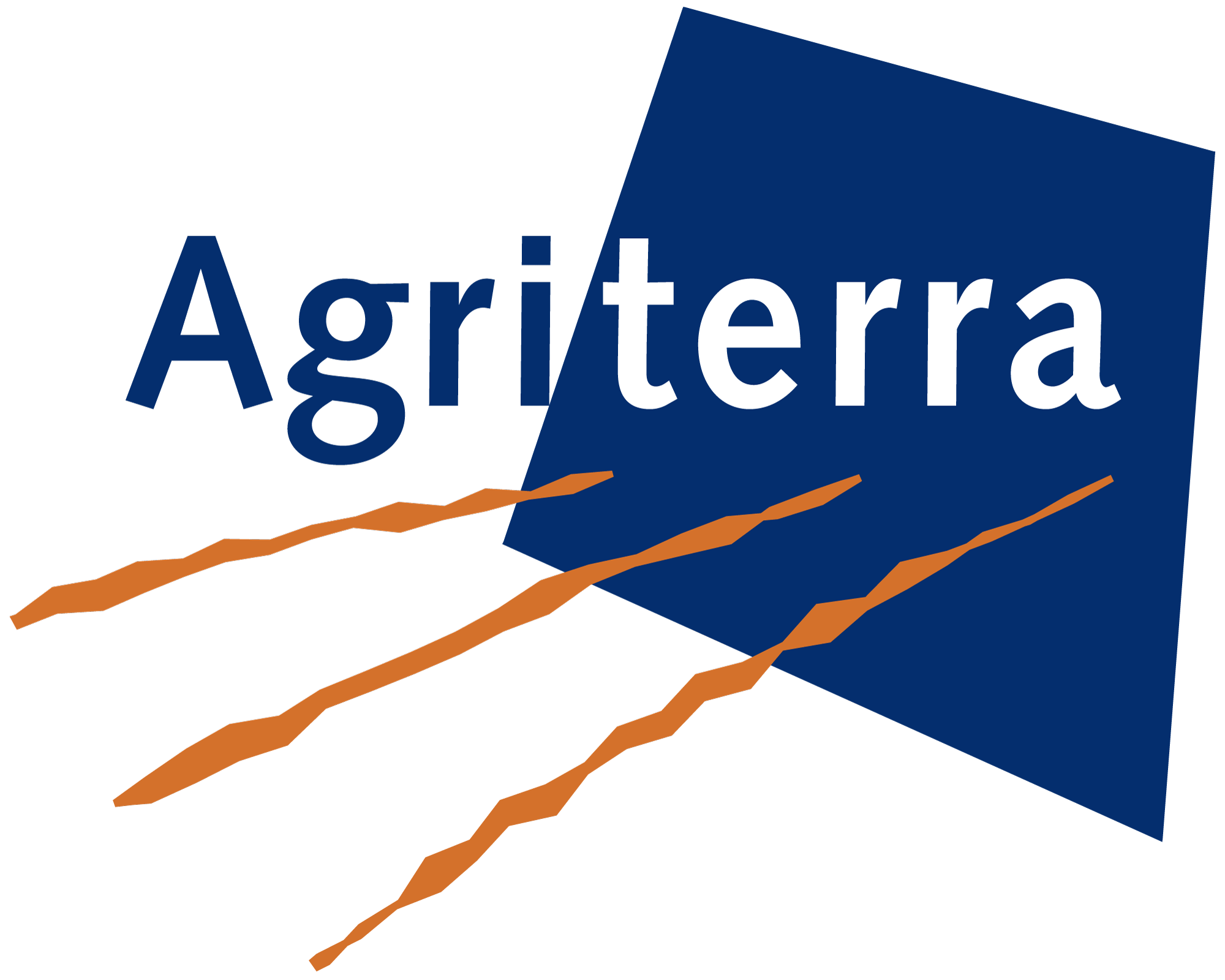In developing countries many people live and work in rural areas. They play a crucial role in solving the problems of hunger and poverty. If they do not manage to organise themselves, they will remain powerless on a political level and will be economically disadvantaged. Agriterra’s work is based on the conviction that if they organise themselves, they will be able to take the responsibility of their development into their own hands. Strong and representative agricultural organisations are indispensable for the promotion of democracy, for a better distribution of income and for the economic development of a country.
Agriterra was founded in 1997 by the following Dutch rural people’s organisations:
- LTO Noord, ZLTO and LLTB (united in LTO Nederland, the Dutch Federation of Agriculture and Horticulture)
- the Dutch Foundation of Cooperating Women's Organisations (SSVO)
- the National Cooperative Council for Agriculture and Horticulture (NCR)
- the Dutch Agricultural Youth Organisation (NAJK).
These organisations make up the Board and the Advisory Council of Agriterra. Agriterra’s offices are located in Arnhem, where its personnel of more than forty people work.
All in all, Agriterra works together with approximately 80 rural people’s organisations in Latin America, Africa, Asia and Central and Eastern Europe, as well as with approximately 30 organisations in the Netherlands.
Our projects range from rural-tourism, the improvement of potato production, and the establishment of farmers credit banks to the penetration of new products in the market or of existing products in new markets.
Members:
Resources
Displaying 1 - 5 of 21Beira Land Administration System (BLAS) Capacity Development Project
General
Beira Land Administration System (BLAS) Capacity Development Project.
Capacity building water management WUO for sustainable agriculture Volyn, Ukraine
General
The purpose of this project is to support the setting up of a water users organization (WUO) and the capacity building of its private and public members on water management for sustainable agriculture in the Volyn region of Ukraine. This region is characterized by combined drainage and irrigation needs for agricultural production. Small farmers and medium scale agricultural producers will learn to manage the trade-offs of water drainage systems on agricultural production areas and natural protected areas in the region. Under and integrated water-agro nexus approach, the water users will be able to prevent flood and droughts by the efficient management of water drainage systems; which will lead to the sustainable use of water for agricultural production.The project has a positive impact on:SDG 8: inclusive and sustainable economic growth: support productive activities, decent job creation, entrepreneurship, creativity and innovation.SDG 15: Protect, restore and promote sustainable use of terrestrial ecosystems, sustainably manage forests, combat desertification, and halt and reverse land degradation and halt biodiversity loss, fostering poverty reduction strategies.SDG 17: Strengthen the means of implementation and revitalize the partnership for sustainable development.
Inception mission land administration system in South Africa
General
South Africa is characterized by farming systems that yield marginal returns only. Due to the lack of a proper functioning land registration system, small-scale farms cannot serve as collateral. These farmers do not dare to invest if their land is not registered. As a result, upscaling their activities to reach improved livelihood and employment opportunities is out of reach. The proposed intervention aims, therefore, to prepare a proposal for a pilot project that implements a land administration prototype system in South Africa. This pilot should be based on a solid understanding of the context of land administration systems in South Africa and have the necessary commitment from relevant stakeholders. This prototype system contributes to building a reliable land administration system for effective land reform, land rights governance and economic development.
Sustainable Land Information Management in Vietnam (Part II)
General
The current system of land use and land rights in Vietnam does not utilise the full potential of the available land. Therefore, Vietnam is in the process of revising the Land Law. One of the main envisaged changes is that bigger plots are allowed through land consolidation. Then farmers can develop from being barely subsistence to agricultural entrepreneurs. The Vietnamese government has requested the advice and support from Kadaster. This mission will further analyse the request for support as input for an actual project plan.
Financing CFU
General
Identifying and documenting exactly what happened (and still happens) with respect to the Land Reform Program.


